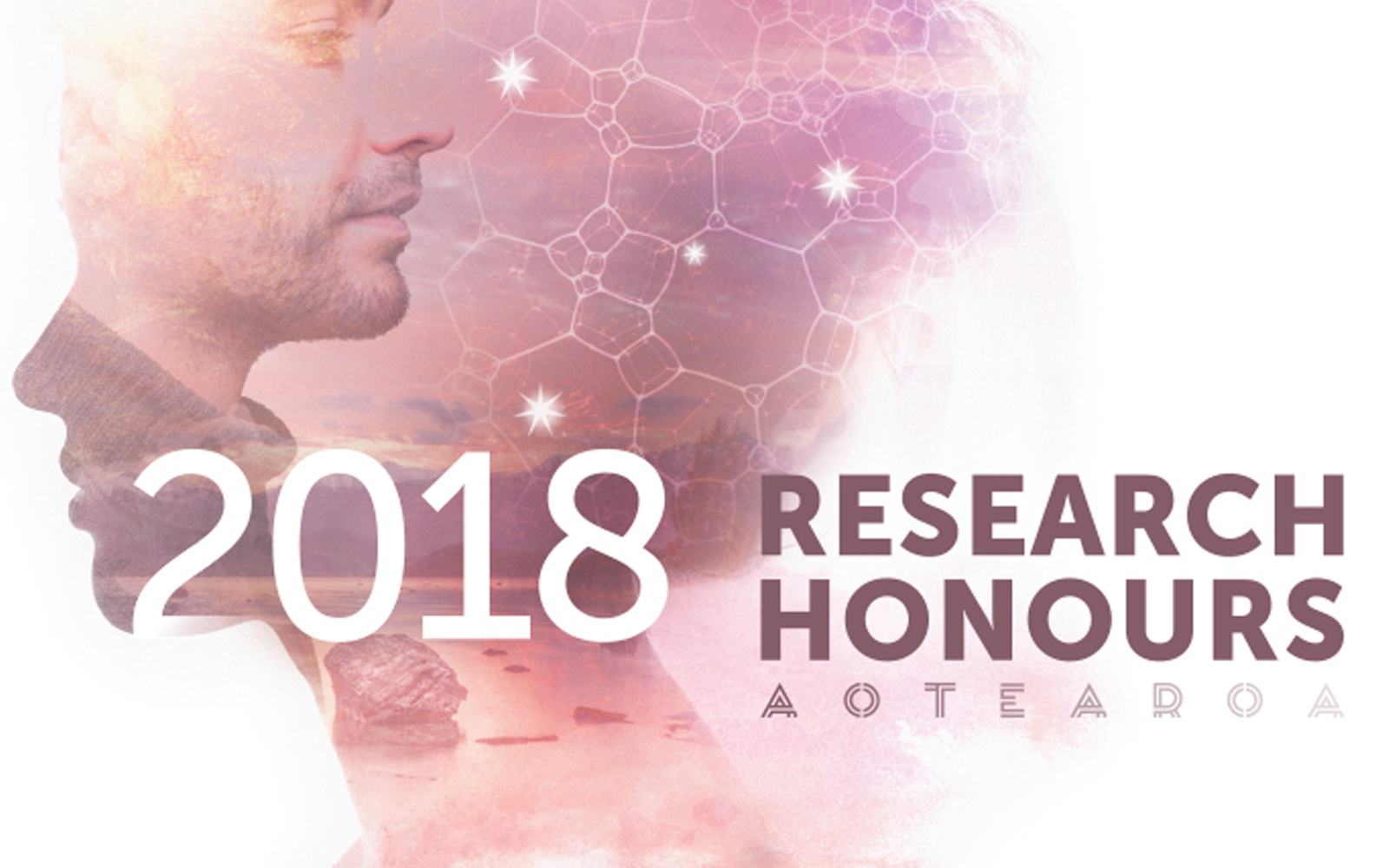Exceptional New Zealand researchers have been honoured at the Research Honours Aotearoa, hosted by Royal Society Te Apārangi and held in Wellington last night.
The Society handed out 21 medals and awards and the Health Research Council presented three awards.
The top award, the Rutherford Medal, was awarded to Professor Rod Downey of Victoria University of Wellington for his revolutionary research into mathematical logic and computer science.
Downey is an internationally recognised logician known for his research into computability— how mathematical processes can be algorithmically implemented either in theory or practice — and the study of randomness.
In addition to the medal, he was given a $100,000 prize from the Government, presented by the Governor-General Dame Patsy Reddy.
Mathematician Sir Vaughan Jones was the first recipient of the medal in 1991, and Professor Downey said he was “honoured and somewhat startled” to follow in his footsteps.
The Callaghan Medal for science communication was awarded to Dr Helen Taylor from the University of Otago for her work around conservation genetics and threatened species. One of her initiatives, ‘The Great Hihi Sperm Race’, raised more than $11,000 for hihi conservation and drew supporters from 17 countries, spreading the message about potential fertility problems for inbred birds.
For the first time, the Society issued an award for contribution to Te Ao Māori and indigenous knowledge – named the Te Puāwaitanga Award. The inaugural award was given to Professor Linda Tuhiwai-Smith of the University of Waikato, whose ground-breaking research has contributed to the advancement of Māori research, education and society for nearly 40 years.
The Health Research Council of New Zealand also introduced a new award, Te Tohu Rapuora, to recognise a significant contribution to Māori health excellence and leadership, which was given to the Te Kotahi Research Institute of the University of Waikato.
The HRC’s Lilley medal was given to the University of Auckland’s Professor Cynthia Farquhar, also a consultant clinician with Auckland DHB. Her clinical trial into intrauterine insemination showed conclusive evidence for the first time of the benefits of this fertility treatment – a breakthrough in a field where less invasive, more successful, and more affordable treatment options are desperately needed.
Dr Colin McArthur, director of critical care medicines research at Auckland DHB was awarded the Beaven medal for his work on trials that have changed guidelines and practices in intensive care units worldwide.
You can read the full list of winners on scimex.org. Coverage of the awards includes:
NZ Herald: Renowned logician wins NZ’s top science honour
Radio NZ: NZ’s top researchers honoured
Stuff: Royal recognition for Nelson scientist over snapper-farming research
Māori TV: Professors honoured for contribution to indigenous health
